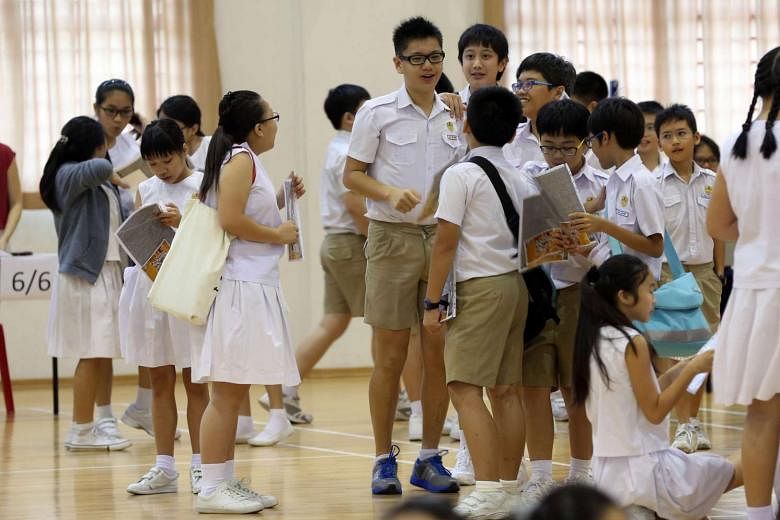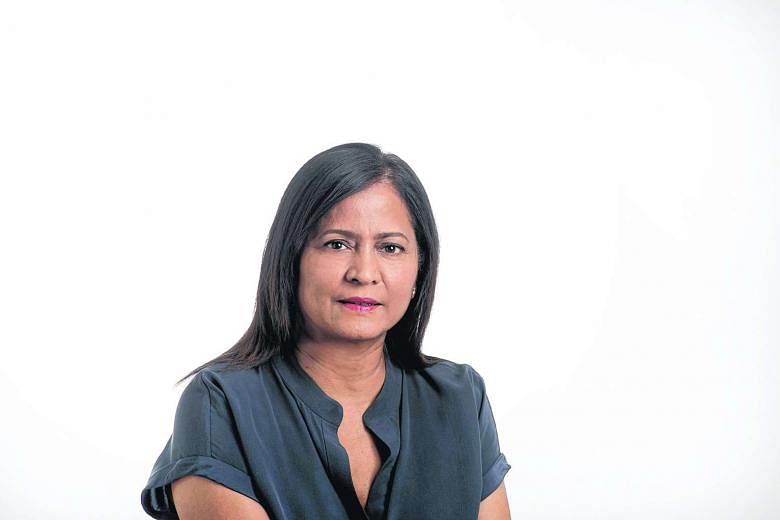It may kick in only five years from now, but the Ministry of Education has at last decided that the PSLE aggregate score will have to go.
Acting Minister for Education (Schools) Ng Chee Meng revealed yesterday that pupils will be given letter grades and placed in "wider bands" - the way O- and A-level examinations are marked.
And with it, came the acknowledgement that the current system in which a child is marked and ranked relative to peers down to the single point, grades pupils too finely and adds to exam stress.
Along with the scoring system, how primary school leavers are sorted into secondary schools will also have to change. Schools will have to pick from a wider pool of students with the same grades.
Mr Ng did not say how this will be done, just that more details will be announced in two to three months.
Most parents interviewed welcomed the change to the scoring system, saying that it will help reduce the rat race in which more and more tuition is piled onto some pupils in the chase for that final mark.
But there was also a worry over how the new grading system will be used in the secondary school posting exercise.
The concern is that if schools are allowed to pick students from a wider pool of applicants through less tangible measures such as character, community work and how they do in interviews, then it could lead to a more subjective and less transparent admission system.
However, it is unlikely that the ministry will leave it to schools to choose from a wider pool of applicants.
It is more likely to use a computerised balloting system to sort students. It already uses computerised balloting when two or more students with exactly the same grades vie for a place in a secondary school or junior college. It also uses computerised balloting for Primary 1 registration when there are more applicants than places in a school.
There will be those who will rail against a system that depends on simple luck, and those who believe that it is an efficient and far less subjective system. But are we missing out on a good opportunity to inject more diversity into the top secondary schools here?
I am not calling for top schools to lower entry scores or not base their admissions on merit.
Just that with a wider pool of applicants to choose from - all with the same grades, say 4As - schools can choose students from different races and socio-economic backgrounds.
There has been much discussion in recent years on the urgent need to fix the social stratification happening in some elite schools.
As sociologists have warned, students in these schools form exclusive circles and hoard opportunities. They can grow up unable to empathise with those who are different or less fortunate.
Here is an opportunity to give more children access to top schools, and let those schools become more diverse. Yes, we may end up with a not-so-tidy and less transparent system. But we should consider the gains. Our children, and society as a whole, will be better for it.



